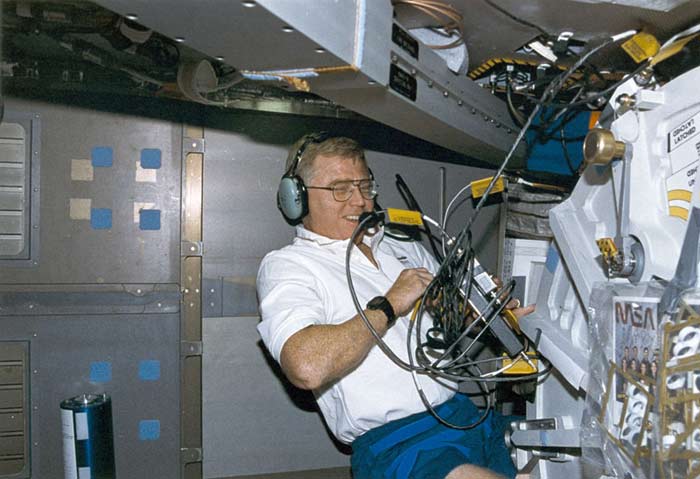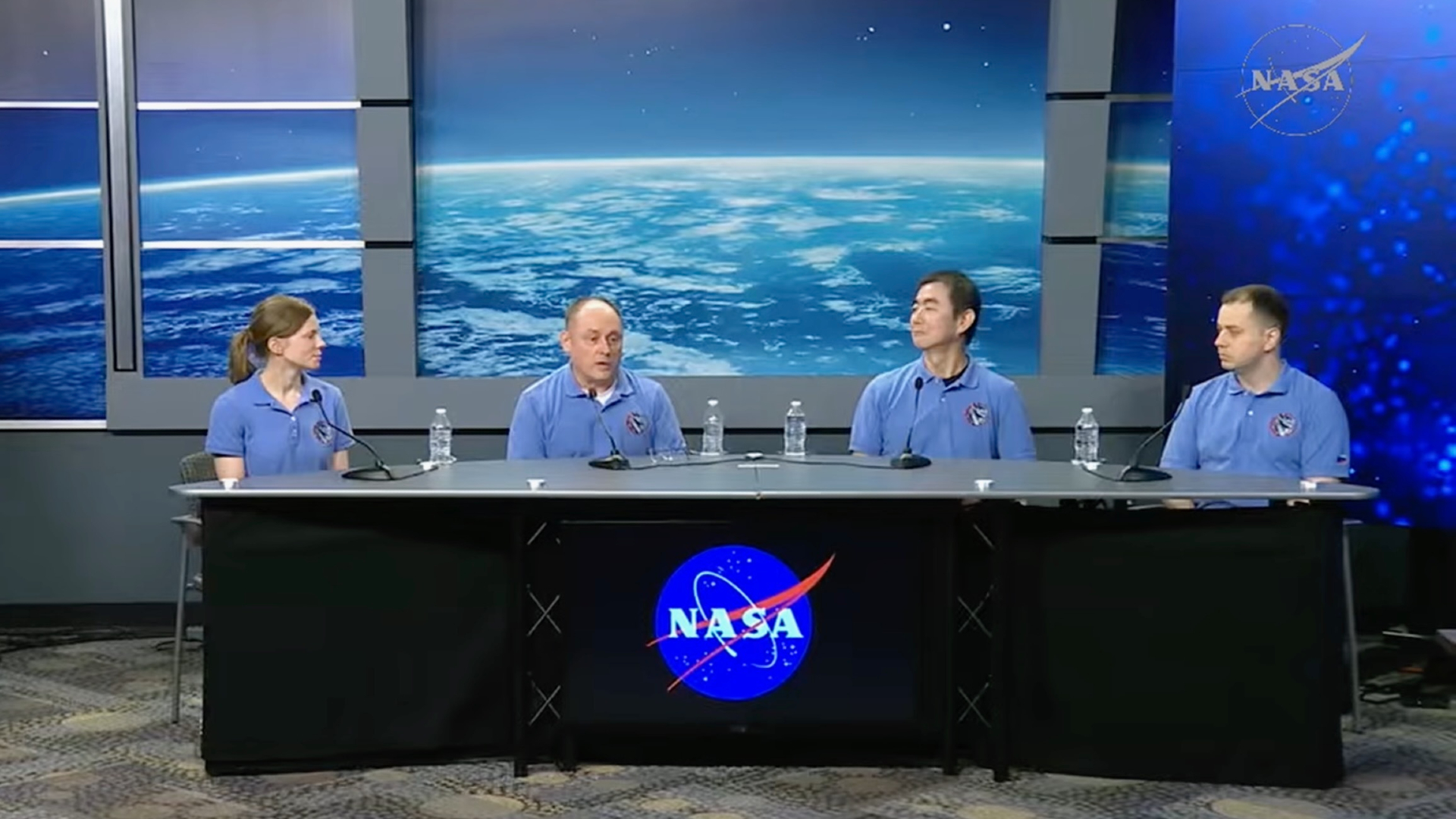STS-78 Astronaut Charles Brady, 54, Dies

A retired NASA astronaut whose first and only space flight set a duration record for the space shuttle, has died. Captain Charles E. Brady, Jr. was 54 when he passed away on July 23.
Brady was selected as a NASA astronaut in 1992 as part ofthe space agency's 14th group of candidates. He filled various technicalassignments while waiting for his first mission, including testing flightsoftware for the orbiter as part of the Shuttle Avionics Integration Laboratory(SAIL).
On June 20, 1996, Brady launched with the STS-78 crew of sixother astronauts aboard shuttle Columbia. Planned as a long duration missiondedicated to life science and microgravity experiments, the flight was seen aprecursor to beginning research on the International Space Station.
A physician, Brady flew as a mission specialist taking partin medical experiments inside the Spacelab module located in Columbia's payloadbay. Brady and his fellow crewmates' research included the first in-depth studyof microgravity sleep and how it affected circadian rhythms.
During the eighth day of the flight, Brady carried an unlitOlympic Torch aloft as he rode a stationary bicycle in a tribute to the 1996Olympics, which began in Atlanta, GA the day before the mission launched.
A ham radio enthusiast, Brady also took time during themission to use the Shuttle Amateur Radio EXperiment (SAREX), to connect withmiddle school students living in Washington state.
Credited as among the "pioneers" of SAREX, Bradysaid in one ham radio contact from space that "he predicted that AmateurRadio would be a very important means for astronauts to feel as though theywere in touch with the world while staying on-orbit for months on end -- and soit is," reported the American Radio Relay League, which was the first topost the news on-line of Brady's passing.
Breaking space news, the latest updates on rocket launches, skywatching events and more!
On July 7, 1996, after 16 days, 21 hours, 48 minutes and 30seconds in space, Brady and his crewmates landed at Kennedy Space Center inFlorida, establishing the record for the longest shuttle mission to date, atthat time. Their record was broken four months and two missions later bySTS-80, which spent more than 17 days in orbit.
After logging over 405 hours in space, Brady continued atNASA, as deputy chief for shuttle astronaut training and then later as chieffor space station astronaut training for the Mission Operations Division. He retired from NASA in August 2002.
Born on August 12, 1951, Brady considered Robbins, NC as hishometown. He received a doctorate in medicine from Duke University in 1975,having completed his pre- med at the University of North Carolina at ChapelHill in 1971. Following college, Brady worked in sports medicine and familypractice as the team physician for Iowa State University, the University ofNorth Carolina at Chapel Hill and at East Carolina University in Greenville,NC.
In 1986, Brady joined the Navy, where he was trained as aflight surgeon, leading to his service aboard the aircraft carrier USS Ranger.In 1988, Brady was selected for the Navy's "Blue Angels" demonstrationsquadron, where he served as flight surgeon until 1990.
He was serving in Tactical Electronic Warfare Squadron 129when selected for the astronaut program.
A resident of Oak Harbor, Washington, Brady is survived byhis fiancee Susan, their four-year-old son and a sister.
Copyright 2006 collectSPACE.com. All rights reserved.

Robert Pearlman is a space historian, journalist and the founder and editor of collectSPACE.com, a daily news publication and community devoted to space history with a particular focus on how and where space exploration intersects with pop culture. Pearlman is also a contributing writer for Space.com and co-author of "Space Stations: The Art, Science, and Reality of Working in Space” published by Smithsonian Books in 2018.
In 2009, he was inducted into the U.S. Space Camp Hall of Fame in Huntsville, Alabama. In 2021, he was honored by the American Astronautical Society with the Ordway Award for Sustained Excellence in Spaceflight History. In 2023, the National Space Club Florida Committee recognized Pearlman with the Kolcum News and Communications Award for excellence in telling the space story along the Space Coast and throughout the world.
